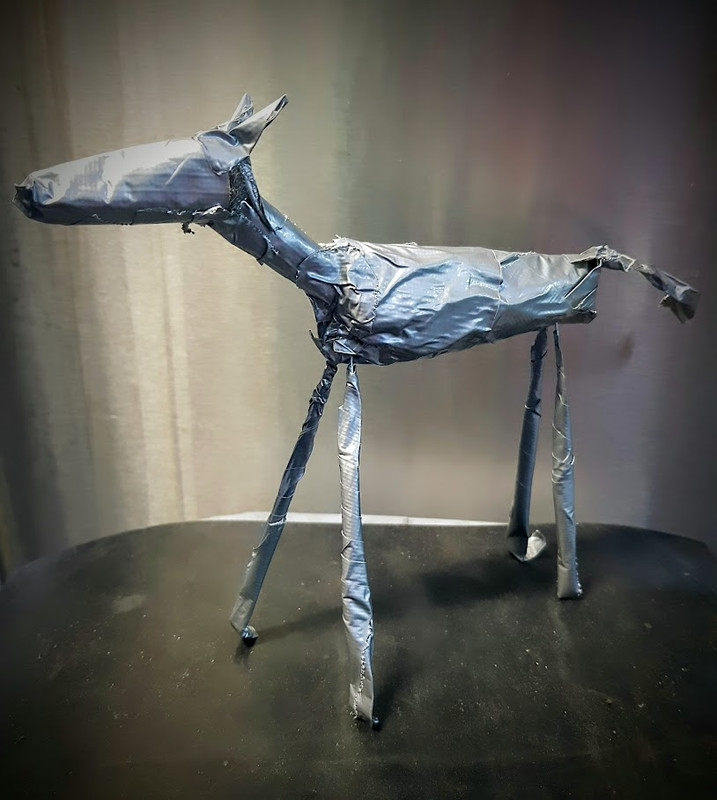- Welcome to Cook'd and Bomb'd.
-
 Non garden plants (AND TREES)...
by PlanktonSideburns
Non garden plants (AND TREES)...
by PlanktonSideburns
[Today at 08:36:50 PM] -
Snooker 23/24 by Black Emerald
[Today at 08:35:16 PM] -
 Curb Your Enthusiasm 12
by McChesney Duntz
Curb Your Enthusiasm 12
by McChesney Duntz
[Today at 08:34:53 PM] -
 "B*lt my hat's arse!"...
by Glebe
"B*lt my hat's arse!"...
by Glebe
[Today at 08:34:31 PM] -
 Cass Report [split topic]
by Kankurette
Cass Report [split topic]
by Kankurette
[Today at 08:24:12 PM] -
 American words/phrases you...
by Clatty McCutcheon
American words/phrases you...
by Clatty McCutcheon
[Today at 08:23:49 PM] -
 Load of horses gone mental...
by Underturd
Load of horses gone mental...
by Underturd
[Today at 08:23:04 PM] -
 Who are you voting for in...
by oggyraiding
Who are you voting for in...
by oggyraiding
[Today at 08:21:23 PM] -
 Football Thread 23-24: Part...
by Kankurette
Football Thread 23-24: Part...
by Kankurette
[Today at 08:18:37 PM] -
 Trans Mania: Graham Linehan...
by Poirots BigGarlickyCorpse
Trans Mania: Graham Linehan...
by Poirots BigGarlickyCorpse
[Today at 08:17:07 PM]
Members
 Total Members: 17,827
Total Members: 17,827 Latest: skinnylike
Latest: skinnylike
Stats
 Total Posts: 5,583,080
Total Posts: 5,583,080 Total Topics: 106,733
Total Topics: 106,733 Online Today: 897
Online Today: 897 Online Ever: 3,311
Online Ever: 3,311- (July 08, 2021, 03:14:41 AM)
Users Online
 Users: 108
Users: 108 Guests: 544
Guests: 544 Total: 652
Total: 652 EOLAN
EOLAN Bobby Treetops
Bobby Treetops PlanktonSideburns
PlanktonSideburns CS Lewis Jr.
CS Lewis Jr. Nice Relaxing Poo
Nice Relaxing Poo Kelvin
Kelvin Jockice
Jockice McChesney Duntz
McChesney Duntz Wet Blanket
Wet Blanket Caprain Peacock
Caprain Peacock This isnt witty sorry
This isnt witty sorry Goldentony
Goldentony Kankurette
Kankurette Thosworth
Thosworth Black Emerald
Black Emerald Zetetic
Zetetic Matthew Dawkins Jub Jub
Matthew Dawkins Jub Jub iamcoop
iamcoop manifest
manifest Glebe
Glebe lazyhour
lazyhour Theoretical Dentist
Theoretical Dentist mattjjh
mattjjh Camp Tramp
Camp Tramp Simply_The_Bestest
Simply_The_Bestest dazed_and_bemused
dazed_and_bemused jazzy_sabotage
jazzy_sabotage Pseudopath
Pseudopath no no natus natus no
no no natus natus no Magnum Valentino
Magnum Valentino Ant Farm Keyboard
Ant Farm Keyboard Gurke and Hare
Gurke and Hare oggyraiding
oggyraiding pigamus
pigamus Dandy21
Dandy21 bigfatheart
bigfatheart Deskbound Cunt
Deskbound Cunt greencalx
greencalx Blumf
Blumf lestergunn
lestergunn Thursday
Thursday sevendaughters
sevendaughters Ruben Remus
Ruben Remus canadagoose
canadagoose Bobloblawslawbomb
Bobloblawslawbomb BritishHobo
BritishHobo Alberon
Alberon Lordofthefiles
Lordofthefiles JimminyJillikers
JimminyJillikers Better Midlands
Better Midlands Rolf Lundgren
Rolf Lundgren Autopsy Turvey
Autopsy Turvey Nowhere Man
Nowhere Man privatefriend
privatefriend AnotherOli
AnotherOli JesusAndYourBush
JesusAndYourBush daf
daf how do you like apples
how do you like apples Claude the Racecar Driving Rockstar Super Sleuth
Claude the Racecar Driving Rockstar Super Sleuth Greyhound
Greyhound Jimmy the Harp
Jimmy the Harp Small Potatoes
Small Potatoes The Late Mike Morris
The Late Mike Morris nWo
nWo Myriad
Myriad Chairman Yang
Chairman Yang Bleeding Kansas
Bleeding Kansas Hobo
Hobo RHX
RHX Xander
Xander Poobum
Poobum sirgerald
sirgerald Dr M1nx PhD
Dr M1nx PhD copa
copa mash
mash Bellalunaesme2
Bellalunaesme2 Jack Shaftoe
Jack Shaftoe LordMorgan
LordMorgan Poirots BigGarlickyCorpse
Poirots BigGarlickyCorpse Bentpitch
Bentpitch Underturd
Underturd paddy72
paddy72 The Roofdog
The RoofdogBrilliant passages of writing
Started by Sam, July 10, 2012, 06:51:55 PM
Previous topic - Next topic
User actions

